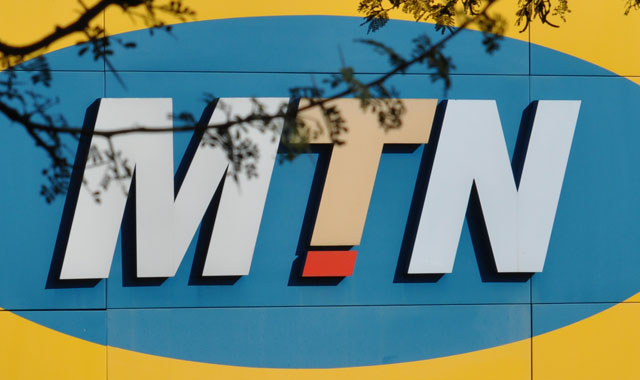
MTN’s black economic empowerment share scheme, MTN Zakhele, says its imminent listing on the JSE’s BEE board will provide shareholders with regulatory certainty for trading their shares.
This is after the Financial Services Board (FSB) granted MTN Zakhele an extension to October for trading shares on an over-the-counter platform (OTC).
The FSB issued a directive which plans to put a stop to unlicensed exchanges — extending to the OTC platform.
The FSB attached a condition to the extension, provided that MTN Zakhele continues to make progress on its preparations for a listing on the JSE.
Speaking after MTN Zakhele’s annual general meeting this week, newly appointed chairman of the scheme, Sindi Mabaso-Koyana, explained that after listing, shareholders will be able to buy and sell shares.
“Shortly before the listing on the JSE, the OTC platform will need to be shut down to enable, among other things, migration of shareholder data, and to enable shareholders to be registered on a new system which will enable them to trade on the JSE,” Mabaso-Koyana said.
Other BEE share schemes such as Vodacom’s YeboYethu, MultiChoice’s Phuthuma Nathi and Sasol Inzalo, which are active on the OTC platform, have had to scramble for new trading platforms.
The FSB laid strict options for BEE schemes that trade via OTC: either find a new exchange to trade on, halt trading or apply for an FSB exemption.
While BEE shares have courted criticism for not creating value for shareholders, industry players say MTN Zakhele, with a market capitalisation of about R10bn, has put forth a strong value proposition.
When MTN launched MTN Zakhele in 2010, its share price was listed at R20. This has since grown to R124 (as of 7 July). MTN Zakhele owns 4% of MTN.
The BEE share scheme does not pay dividends, however, but rather deploys its dividend proceeds received from MTN to pay existing debt which stands at about R4,4bn, according to its 2014 annual report. For the period under review, it received R836m in dividend income from MTN.
“At this time, it remains the intention of MTN Zakhele not to declare dividends in respect of MTN Zakhele shares until all its liabilities have indeed been settled… Over the years, the company has benefited from steadily reducing the cost of debt,” Mabaso-Koyana explained.
Also, income pay-outs to shareholders will depend on the performance and dividend payments from MTN, she said.
MTN Zakhele needs to repay the debt by 2016. This is when restrictions of existing shareholders selling shares to only black people will be lifted.
BEE analyst Riaz Gardee says MTN Zakhele’s assets, worth about R16bn (largely its shareholding in MTN), are currently adequate to settle liabilities.
On MTN Zakhele’s decision not to pay dividends, Gardee said: “Either way it is beneficial to the shareholders. However, given the structure of the transaction it is probably better to use it to settle debt than pay it to MTN Zakhele shareholders.”
There is a direct correlation between MTN’s share price and MTN Zakhele’s, given that the company is the BEE scheme’s primary asset. With that said, MTN Zakhele is trading roughly at a 15% to 20% discount to its fair value.
If there were no trade restrictions to the MTN Zakhele shares, it “would probably be 15% to 20% higher and trade closer to its fair value,” Gardee said.
- This article was first published on Moneyweb and is republished here with permission




